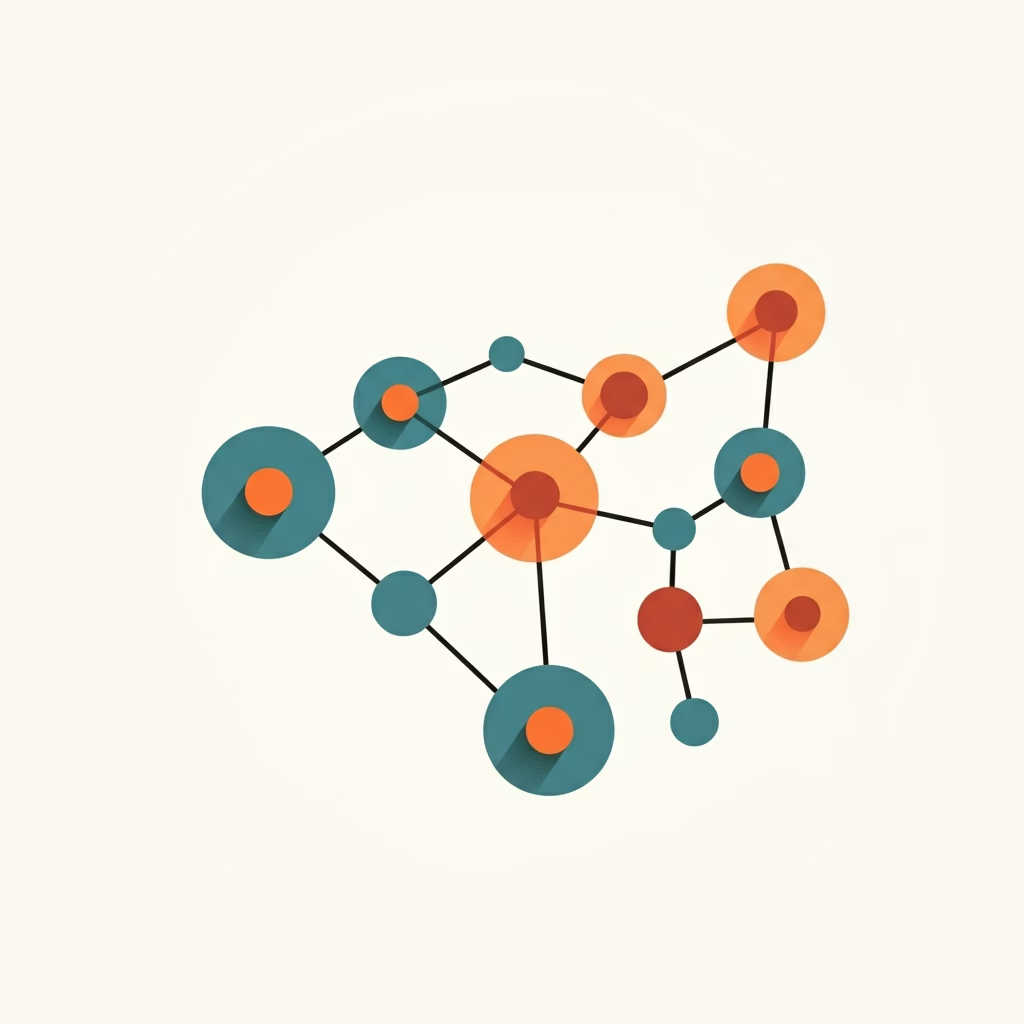In an age of rapid technological advancement, socio-political instability, and global interconnectedness, the need for ethical resilience has become more critical than ever. The term “ethical resilience” refers to an individual or organization’s ability to uphold moral values and integrity even in the face of adversity, pressure, or change. One of the most innovative approaches to cultivating ethical resilience is the emerging framework known as Dihward. This comprehensive model integrates ethical philosophy, psychological endurance, and organizational accountability to provide a robust foundation for navigating ethical challenges.
Understanding Dihward
Dihward is not just a theoretical concept; it’s a multidimensional framework designed to help individuals and institutions consistently align actions with deeply rooted ethical principles, especially when under stress. The term “Dihward” is a portmanteau of “Dignity,” “Integrity,” “Honesty,” “Wisdom,” “Accountability,” “Resilience,” and “Determination.” Each of these elements contributes to a holistic understanding of ethical resilience.
At its core, Dihward seeks to answer a vital question: How do people and systems remain ethically grounded when the easiest path is to compromise?
The Pillars of the Dihward Framework
1. Dignity
Dignity is the starting point of ethical resilience. It involves recognizing the inherent worth of every individual—oneself and others. In the Dihward framework, dignity is not just a philosophical concept; it’s an operational value that informs decision-making and interpersonal relationships.
Organizations that practice dignity in leadership cultivate environments where people feel respected and valued. This mutual respect reduces the likelihood of unethical behavior such as exploitation, discrimination, or coercion.
2. Integrity
Integrity is the thread that weaves consistency between values and actions. In the Dihward framework, integrity isn’t just about being honest—it’s about being whole. It requires alignment between what one believes, says, and does.
For example, a corporation that publicly champions sustainability but privately engages in environmentally harmful practices would lack integrity. Dihward encourages systems to adopt transparent practices and consistent value alignment across all levels.
3. Honesty
Honesty is more than truth-telling. It involves transparency, openness, and the courage to admit mistakes. Ethical resilience hinges on the ability to communicate authentically, even when it’s uncomfortable or costly.
Honesty also nurtures trust—an essential ingredient for long-term stability in relationships, institutions, and societies. Under the Dihward model, cultivating honesty is a proactive practice embedded in organizational culture, education systems, and personal development.
4. Wisdom
Wisdom in the Dihward framework reflects the capacity to make decisions not only based on logic or data but with moral insight and contextual awareness. It implies foresight, empathy, and an understanding of long-term consequences.
Dihward emphasizes cultivating ethical wisdom through mentorship, interdisciplinary education, and reflective practice. By encouraging critical thinking and humility, the model guards against shortsighted or dogmatic approaches.
5. Accountability
Resilience without accountability becomes stubbornness. Accountability ensures that actions are evaluated, and consequences are addressed fairly. In Dihward, accountability is seen as a shared responsibility—it’s not about blame, but about collective and personal ownership.
This pillar is especially important in governance and corporate ethics. Mechanisms such as transparent audits, ethical oversight committees, and whistleblower protections are examples of applying accountability in practical terms.
6. Resilience
This is the heart of the Dihward framework. Ethical resilience involves the ability to maintain one’s ethical compass under stress, temptation, or systemic pressure. It differs from general resilience by focusing specifically on moral and ethical integrity.
The Dihward model encourages resilience training through scenario simulations, crisis preparedness programs, and value reinforcement. The idea is to “ethically immunize” individuals and institutions against common ethical lapses.
7. Determination
Determination ensures that ethical resilience is not passive. It’s the will to act, even when it’s hard. Ethical behavior often demands courage—standing up against injustice, reporting misconduct, or making unpopular but necessary decisions.
In Dihward, determination is not portrayed as blind stubbornness, but as a value-driven perseverance. It’s what allows people and organizations to take principled stands even when the stakes are high.
Why Dihward Matters Today
In our volatile, uncertain, complex, and ambiguous (VUCA) world, ethical compromise often appears as a path of least resistance. Leaders face pressure to prioritize profits over principles, politicians are tempted to sacrifice values for power, and individuals struggle with moral dilemmas in everyday life.
The Dihward framework provides a structured, actionable approach to cultivating ethical fortitude. By offering clear pillars and mechanisms, it transforms abstract moral ideals into lived practices.
Moreover, Dihward addresses an important gap in existing resilience training programs, which often focus only on psychological endurance without incorporating moral considerations. By fusing ethical awareness with practical resilience, Dihward becomes not just a survival tool but a transformative one.
Implementation Strategies
Implementing the Dihward framework requires commitment, structure, and cultural change. Here are key strategies for embedding Dihward into personal life, education, and organizational systems:
A. Education and Early Learning
Introduce Dihward principles in schools and universities through ethics-based curricula. Storytelling, role-playing, and ethical debates can help students internalize these values early.
B. Organizational Culture
Companies can use Dihward as a part of their leadership development and code of ethics. Regular training sessions, scenario-based workshops, and leadership evaluations grounded in Dihward principles foster a resilient ethical culture.
C. Policy Making and Public Governance
Governments can adopt Dihward-inspired guidelines to ensure that public service remains rooted in ethical service. This could involve integrity councils, public ethics reporting systems, and civic education initiatives.
D. Personal Development
Individuals can use Dihward as a self-reflective tool. Journaling about daily actions in light of each pillar, or discussing ethical dilemmas with mentors or peers, can gradually build internal resilience.
Challenges and Criticisms
While Dihward offers a comprehensive framework, its real-world application is not without hurdles.
-
Cultural Variability: Ethical norms vary across cultures. What counts as dignified or honest in one context may not be the same in another.
-
Resistance to Accountability: Many organizations and individuals shy away from rigorous accountability mechanisms.
-
Moral Fatigue: Constantly making ethical decisions in challenging environments can lead to burnout or disillusionment.
To address these issues, Dihward must remain adaptive. It should be seen as a dynamic model, open to evolution and contextualization rather than a rigid checklist.
The Future of Ethical Resilience
As we look ahead to an increasingly automated and interconnected world, ethical resilience will become even more vital. Artificial intelligence, biotechnology, and climate change will pose profound moral questions. Frameworks like Dihward offer the grounding needed to confront such challenges with courage and clarity.
Imagine an AI developer using Dihward to guide algorithmic decisions, or a government applying Dihward principles to pandemic response strategies. The applications are as wide-reaching as they are urgent.
Conclusion
Dihward is more than a framework—it’s a moral compass for the modern era. By centering dignity, integrity, honesty, wisdom, accountability, resilience, and determination, it equips individuals and organizations to navigate ethical complexity with strength and purpose.
In a world where compromise is often rewarded and shortcuts are tempting, Dihward challenges us to stand tall, think deeply, and act rightly. Whether you are a leader, student, policymaker, or citizen, adopting the Dihward mindset may not only strengthen your ethical foundation but also empower you to inspire resilience in others.


